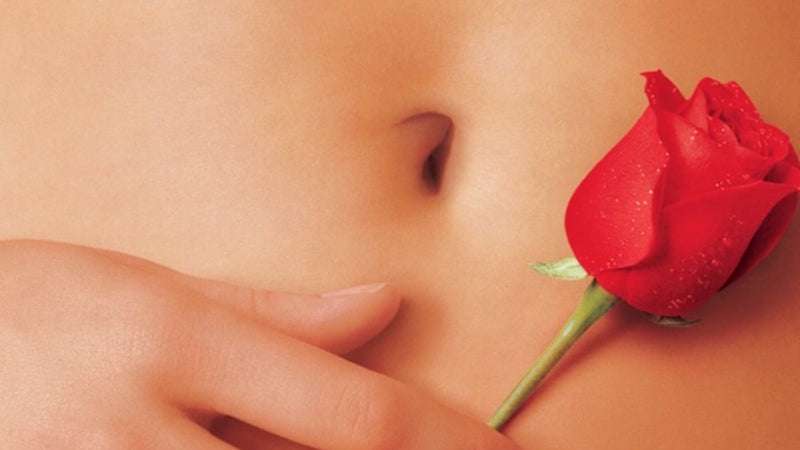I don’t have a single favourite film. But there is a bunch of films, indeterminate in number, that rise above the rest. Wonder Boys, Shakespeare in Love, Apocalypse Now, Chinatown, Sunset Boulevard… and American Beauty.
American Beauty was a Hollywood wet dream, a modestly budgeted feature that smashed the 2000 Oscars. It won five statuettes, including Best Picture, Best Director and Best Actor in a Leading Role for Kevin Spacey. Spacey was catapulted into the rarefied hyperspace known as Beyond A-List.
After that it seemed he could do no wrong. Lead role followed lead role, though nothing of the calibre of American Beauty. There was a distinguished residency with the Royal Shakespeare Company*. His career seemed to culminate with the lead role in the Netflix series House of Cards. Then came Hurricane Harvey and the #METOO Twitterstorm.
House of Cards
In the dismal aftermath of the Harvey Weinstein allegations came a slew of other skeletons rattling and closets bursting open. Fellow actor Anthony Rapp accused Spacey of assaulting him in 1986, when Rapp was only 14. Spacey issued an apology and admitted to being gay. Too little, too late… Netflix cancelled House of Cards.
Even more humiliatingly—if this were possible—Ridley Scott axed Spacey from the J. Paul Getty biopic All the Money in the World just a month ahead of release. Every scene featuring Spacey is to be re-shot with Christopher Plummer, who Scott wanted for the role all along. In the parlance of 1984, Kevin Spacey has become an unperson.
How did it all go wrong? From Rapp’s accusation, Spacey has long harboured dark desires for the male gender. Being gay no longer carries a public stigma. Why couldn’t Spacey admit to being gay (or bisexual) and express it in a consensual manner? American Beauty provides an ironic snapshot into Spacey’s twisted world.
American Beauty
Written by Alan Ball and directed by Sam Mendes, American Beauty is almost an ensemble piece with six leading characters that all have meaningful, beautifully realised character arcs. However, only Spacey and Annette Bening, who played the central roles of Lester and Carolyn Burnham, are credited above the line.
Spacey plays a burnt-out 42-year-old with a failing marriage and job—no, a failing life—who develops a crush on his teenage daughter Jane’s best friend. In the film’s second tragic triangle, Jane falls for his neighbour, a delinquent boy bullied by his father, retired US Marine Corps Colonel Fitts. A stern disciplinarian, Fitts’ biggest fear is that his son is gay.
Sexual shame
In one of the film’s iconic scenes—few films have as many as American Beauty—a rain-soaked Colonel Fitts approaches Lester Burnham as he works out in his garage. In Mendes’ beautifully framed shot, Lester could almost be staring into a mirror at his own doppelgänger. Lester offers a comforting touch. Mistaking the gesture, Fitts embraces Lester and kisses him. Lester rejects Fitts’ advances, triggering an avalanche of shame that impels the Colonel back to his gun collection and catapults the film into its final reel.
Now the wheel has turned full circle. Kevin Spacey has become Colonel Fitts, the man too ashamed of his sexuality to allow himself to express it consensually.
Now the wheel has turned full circle. Kevin Spacey has become Colonel Fitts, the man too ashamed of his sexuality to allow himself to express it consensually. The damage that Spacey has done—both to others and to himself—is unlikely to be repaired.
The only benefit we can gain from this sordid Hollywood denouement—great title for a film—is to revisit Spacey’s turn-of-the-century masterpiece and understand how sexual shame propels people to self-destruction, often taking down those in their immediate wake. Despite the fall of Kevin Spacey, American Beauty remains one of my favourite films.
* Accusations of inappropriate behaviour during Spacey’s tenure at the Old Vic later emerged.
Image: American Beauty (DreamWorks Pictures, 1999)

